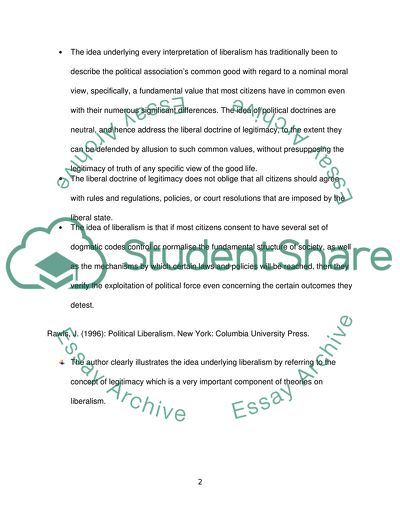Cite this document
(Analysis of the Sources about Political Ideologies Annotated Bibliography, n.d.)
Analysis of the Sources about Political Ideologies Annotated Bibliography. Retrieved from https://studentshare.org/politics/1729076-poltical-ideologies
Analysis of the Sources about Political Ideologies Annotated Bibliography. Retrieved from https://studentshare.org/politics/1729076-poltical-ideologies
(Analysis of the Sources about Political Ideologies Annotated Bibliography)
Analysis of the Sources about Political Ideologies Annotated Bibliography. https://studentshare.org/politics/1729076-poltical-ideologies.
Analysis of the Sources about Political Ideologies Annotated Bibliography. https://studentshare.org/politics/1729076-poltical-ideologies.
“Analysis of the Sources about Political Ideologies Annotated Bibliography”. https://studentshare.org/politics/1729076-poltical-ideologies.


